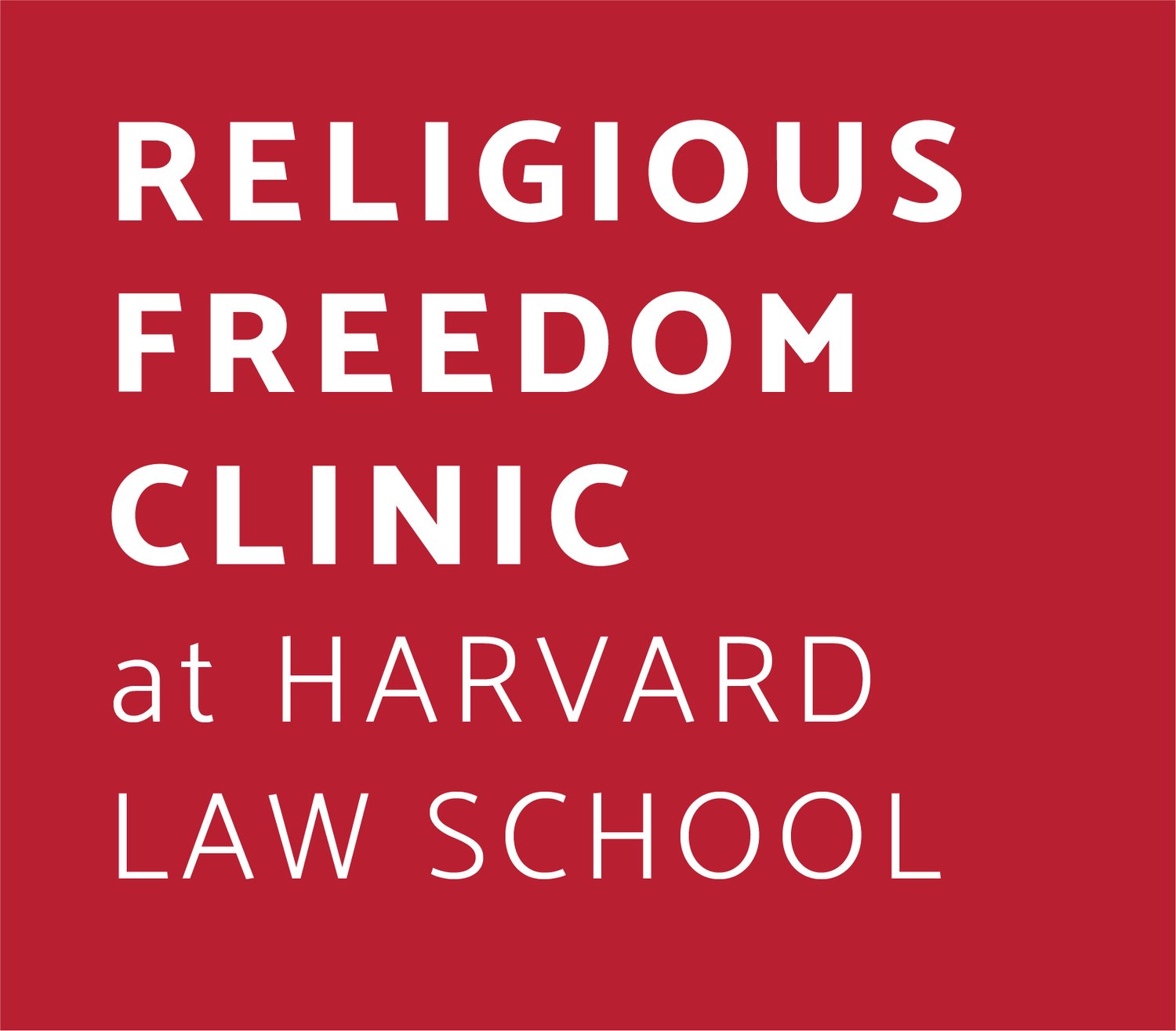Ramirez v. Collier
Case Name:
Ramirez v. Collier
Case Status: Religious Claimant Prevailed
Court: Supreme Court of the United States
Clinic Involvement: Amicus
About the Case:
John Ramirez, a prison inmate on death row, asked that his pastor be allowed to pray over and lay hands on him during his execution. The Texas Department of Corrections refused his request and, after many appeals, the Supreme Court granted review.
The Religious Freedom Clinic submitted a friend-of-the-court brief alongside the Becket Fund for Religious Liberty and Professor Michael McConnell of Stanford Law School. The brief traced the nation’s history of commonly allowing audible clergy prayer and clergy touch during executions going all the way back to the colonial era. That longstanding historical context, the brief explained, supported Ramirez’s claim that he should be allowed a similar accommodation under both the First Amendment’s Free Exercise Clause and federal law protecting prisoners’ religious free-exercise rights.
On March 24, 2022, the Supreme Court, in an 8–1 vote, agreed that barring Ramirez’s pastor from both praying aloud and laying hands on Ramirez during his execution violated his rights under the Religious Land Use and Institutionalized Persons Act (RLUIPA). The Court’s opinion is notable not only because it is the first merits decision deciding what role clergy can play in executions, but because it is only the second-ever merits decision addressing how RLUIPA applies to prisoner religious freedom claims.
In its opinion, the Court repeatedly cited the clinic’s amicus brief and highlighted historical examples of audible prayer and clergy touch found by clinic students. Justice Kavanaugh also noted in a concurring opinion that the significant historical evidence of religious advisors in execution chambers was a key factor that led him to vote in Mr. Ramirez’s favor. For further information about the Clinic’s work in this case, check out Harvard Law Today’s profile of the case (“Supreme Court preview: Ramirez v. Collier”) and the HLS Clinical and Pro Bono Programs’ post about the students’ work (“Supreme Court Cites Religious Freedom Clinic Students’ Historical Research in Precedent-Setting Prisoners’ Rights Case”).

